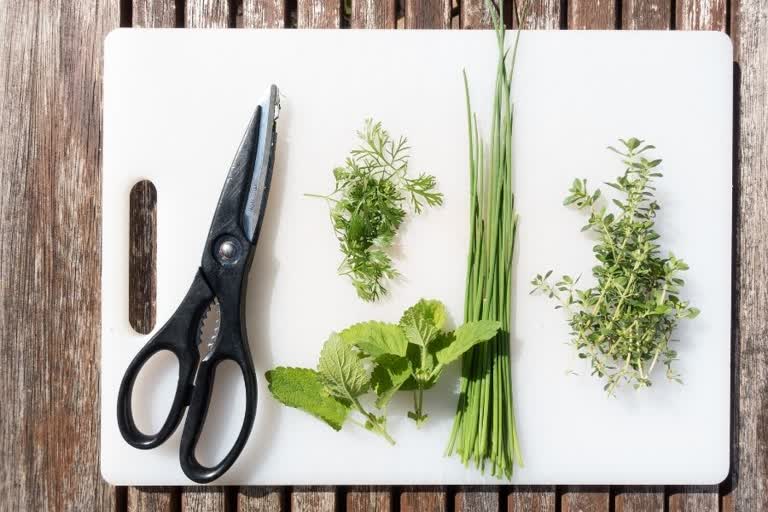Your small choice of starting a kitchen herb garden or nurturing the gardening habit can lead you to join the fight against global warming. The good news is that your balcony, backyard or kitchen garden can help control urban temperatures, mitigating the effects of extreme heat and cold due to climate change.
Urban gardens also support our health by easing stress and providing an opportunity to do some physical exercise in today's inactive lifestyle.
Combining the idea of the kitchen herb garden and the environment with food and Ayurveda can bring wonders to your lifestyle and health. With these easy-to-grow wonder herbs you can lead a naturally healthy lifestyle and start your fight for climate change with your own Kitchen Garden, says Dr. Abhishek Gupta, NirogStreet.
Stevia
Planting and Care: Stevia plants do best in the rich, loamy soil of the same kind in which common kitchen or balcony garden-variety plants thrive. Stevia is a tender perennial that loves the warm sun. In frost-free zones you can enjoy growing stevia year-round, allowing it to grow into a small shrub. Stevia doesn't like soggy soil, so make sure that it has good drainage.
Uses: Stevia has strongly emerged as the safest and most natural answer to the risks associated with a sugar-addicted lifestyle. About 3 stevia leaves can replace 25 percent of the sugar in one can of soda, uses at least 92 percent less water than other natural sweeteners, its sweet compounds are 200-350 times sweeter than sucrose (table sugar), 30-80 percent less carbon than other natural sweeteners, uses 1/5th the land of cane sugar and adds a delicious sweet taste without adding calories.
Peppermint
Planting and Care: Peppermint is one of the easiest herbs to grow in kitchen gardens and can be well maintained in containers as well. The best way to plant it is to cut a sprig from an existing mint plant or a mint seed and sow it in a pot preferably 12-16 inches wide. Spring is the ideal time for them to grow. Mint requires adequate sunlight and more water.
Uses: Peppermint is an excellent deterrent for many kinds of pests including rodents, ants, and spiders. It is a calming and soothing herb that has been used for thousands of years to aid with upset stomach or indigestion. It is a good source of vitamin A, a fat-soluble vitamin that is critical for eye health and night vision. A potent source of antioxidants, its dynamic flavor allows mint leaves to accompany various great-tasting recipes.
Coriander
